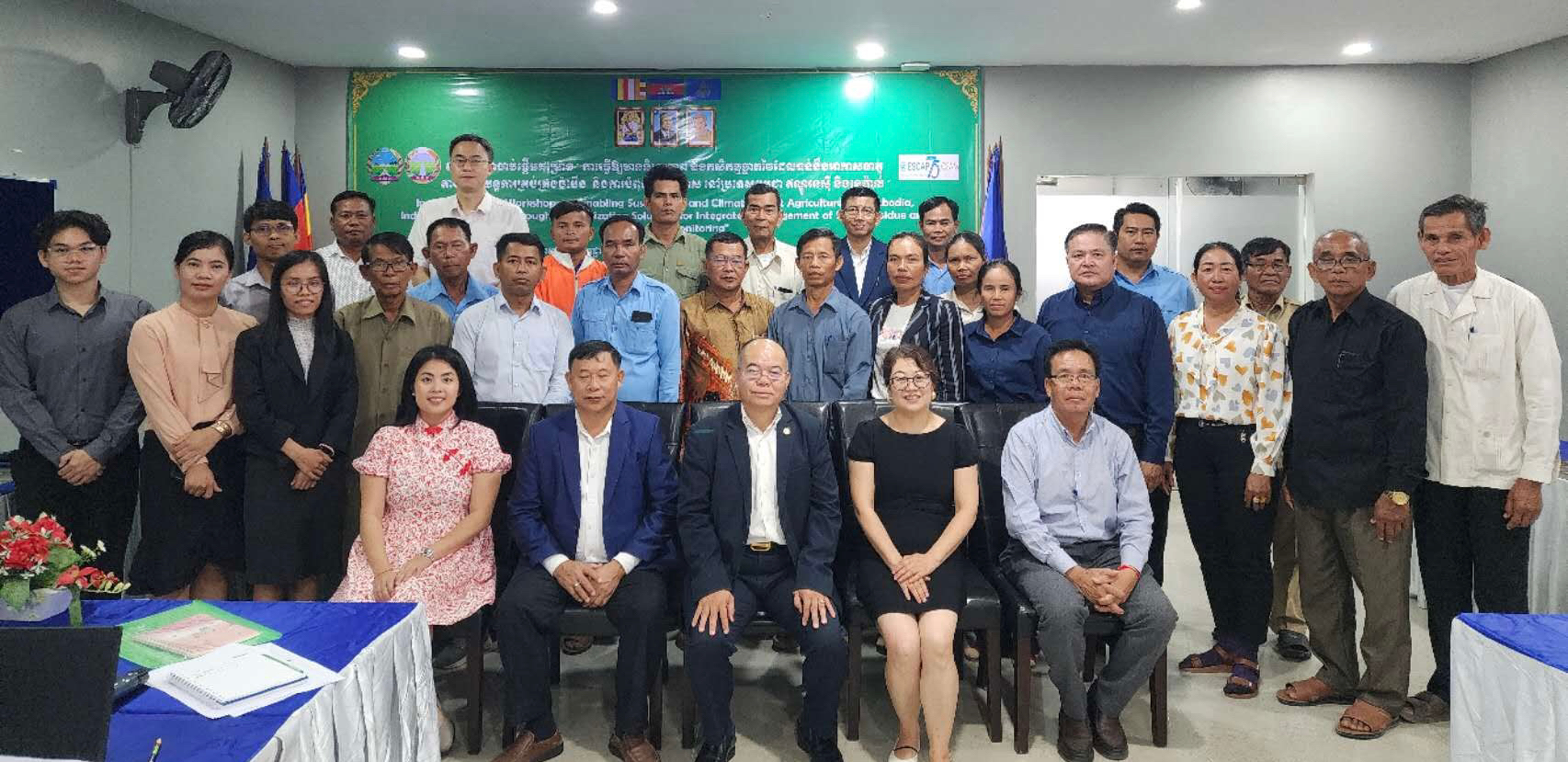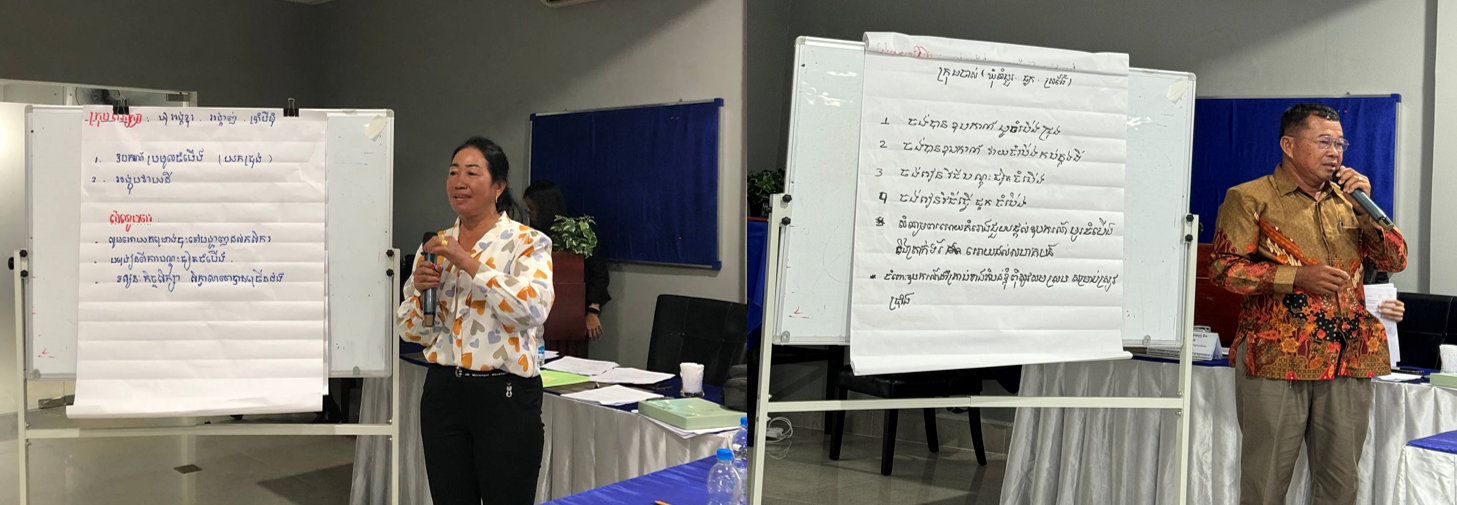Phase II Pilot Project on Integrated Straw Management Launched in Cambodia

On November 19, 2024, the Inception Workshop for the Phase II Pilot Project on Integrated Straw Management was held in Kep and Takeo provinces, Cambodia. This project is part of the broader CSAM’s regional initiative on integrated straw management, and in particular of the Project titled “Strengthening Mechanization-Based Solutions for Climate-Smart Crop Residue Management in Cambodia, Indonesia, and Nepal,” which is funded by the 2030 Agenda Sub-Fund of the United Nations Peace and Development Fund. The project will run from 2024 to 2028, aiming to reduce straw burning and promote sustainable, climate-smart crop residue management across Cambodia, Indonesia, and Nepal.

The workshop was opened by Mr. Seng Tuy, Director of the Department of Agricultural Engineering (DAE); Ms. Patricia Wong Bi Yi, Programme Officer at CSAM; and Mr. Ny Vuthy, Deputy Director of the General Directorate of Agriculture. Ms. Yuee Feng, Programme Coordinator at CSAM, presented an overview of the CSAM Regional Initiative on Integrated Straw Management, while Mr. Chea Sovandina of DAE outlined the specific activities of the Phase II Pilot Project in Cambodia.

During the workshop, the project team shared the results of a background survey conducted in the pilot areas, as well as the potential mechanization solutions to tackle straw burning. Local commune representatives also discussed on the activities of the pilot project and their expectations. The work plan for the pilot project was reviewed, and initial agreements were made regarding the mechanization technologies to be employed.
The participants were also taken on a field visit to the Phase I pilot site in Takeo Province. This included a tour of the Kbal Por Agricultural Engineering Centre (Department of Agricultural Engineering) and a meeting with a farmer representative from an agricultural cooperative who had participated in previous training sessions. The Kbal Por Centre has played a crucial role in organizing onsite demonstrations and capacity-building activities for Phase I and will continue to serve as a training hub for Phase II. The farmer representative reported how the community had begun to engage service providers to use machinery in order to collect rice straw after harvesting, instead of burning it. The baled straw was not only easier to store but also served as affordable fodder for livestock, reducing the cost of raising cows. Under Phase I, some agricultural machinery and equipment were purchased and adapted to local needs to further demonstrate the effectiveness of mechanization solutions in reducing straw burning. This practice will be replicated in Phase 2.

The Phase I Pilot Project on Integrated Straw Management, which ran from 2021 to 2023, was funded by the China-ESCAP Cooperation Programme. Additionally, the CSAM Regional Initiative on Integrated Straw Management, which includes research and pilot projects in China and Viet Nam, was recognized by the United Nations South-South Cooperation Office in 2022 as one of the best practices in South-South and triangular cooperation. Discussions have been initiated to launch pilot projects in Thailand and Lao PDR in 2025, following the positive outcomes of the current pilot projects.
